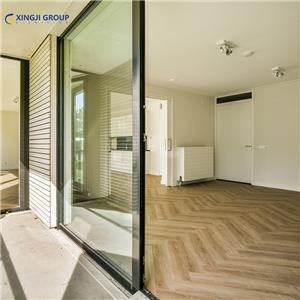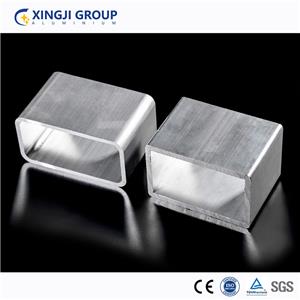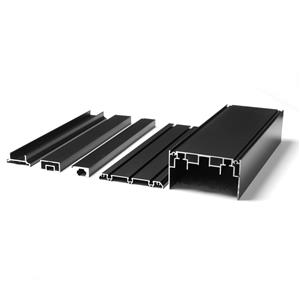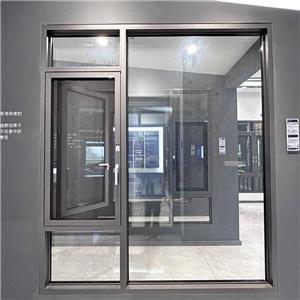How Corrosion-Resistant Are Aluminum Windows?
Aluminum windows are becoming increasingly popular in modern buildings due to their stylish appearance, durability, and energy efficiency. One of the main selling points of aluminum windows is their corrosion resistance. In this article, we will explore the factors that affect the corrosion resistance of aluminum windows and why aluminum windows are the preferred choice of many homeowners and builders.
The Natural Corrosion Resistance of Aluminum
Aluminum is inherently corrosion-resistant due to a natural process called oxidation. When aluminum is exposed to air, it forms a thin layer of aluminum oxide on the surface. This oxide layer acts as a protective barrier that prevents further corrosion, effectively shielding the metal from the elements. Unlike other metals, aluminum will not rust, making it an ideal material for windows that need to withstand a variety of weather conditions.
The natural oxide layer is self-healing. If the surface is scratched or damaged, aluminum quickly forms a new oxide layer, maintaining its protective properties. This makes aluminum windows extremely durable and long-lasting, even in environments with high humidity or salt exposure, such as coastal areas.
Enhancing Corrosion Resistance with Surface Treatments
While aluminum's natural oxide layer provides excellent protection, additional surface treatments can further enhance its corrosion resistance. Common treatments include anodizing and powder coating.
Anodizing is an electrochemical process that thickens the natural oxide layer, providing greater protection against corrosion. This treatment not only increases durability, but also allows for a variety of color finishes, enhancing the aesthetics of aluminum windows.
Powder coating involves applying a dry powder to the aluminum surface, which is then cured under heat to form a protective layer. This coating is highly resistant to chipping, scratching, and fading, providing long-term weatherproofing. Powder coated aluminum windows are available in a variety of colors and finishes, allowing them to be customized to suit any architectural style.
The Benefits of Corrosion-Resistant Aluminum Windows
The corrosion resistance of aluminum windows offers several advantages to homeowners and builders. First, it ensures the longevity of the windows, reducing the need for frequent maintenance or replacement. This makes aluminum windows a cost-effective investment in the long run.
In addition, aluminum’s corrosion-resistant properties contribute to energy efficiency. Aluminum windows can be designed with insulation and double or triple glazing, reducing heat transfer and improving thermal insulation. This helps maintain a comfortable indoor temperature and reduces energy consumption, thereby lowering utility bills.
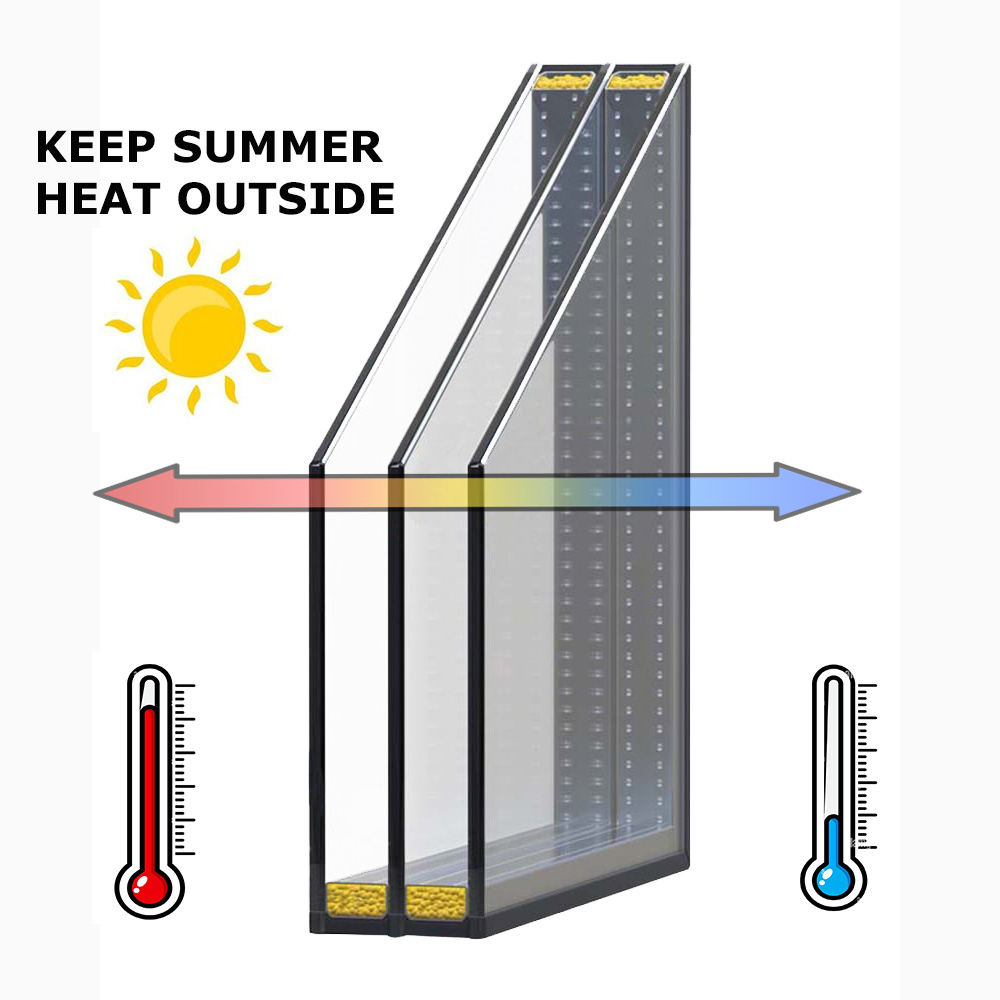
In addition, aluminum windows are environmentally friendly. Aluminum is a recyclable material, and the production process has a lower impact on the environment than other metals. By choosing aluminum windows, homeowners and builders can contribute to sustainable building practices.
Conclusion
Aluminum windows are renowned for their corrosion resistance, making them a reliable and durable choice for any building project. The natural oxide layer combined with additional surface treatments ensures that aluminum windows can withstand a variety of environmental conditions without compromising their structural integrity or appearance. With benefits such as low maintenance costs, energy savings, and environmental sustainability, aluminum windows continue to be the preferred choice for modern construction.
For more information on high-quality aluminum windows and custom solutions for your building needs, contact CURMA. Our expert team is dedicated to providing the best products and services to meet your specific requirements.

